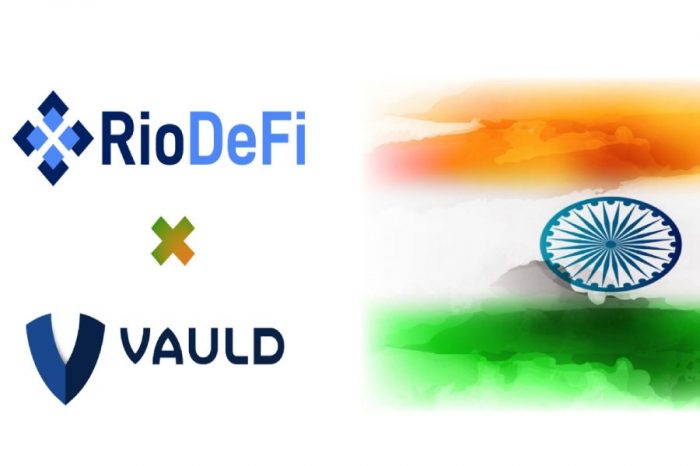UTU Rewards Trustworthy Digital Businesses And Fights Fake Reviews

People trust family and friends. According to a 2020 survey by Kantar Media, 93% of respondents say they trust the recommendations of family and friends when it comes to information on brands and services. Only 38% trust info from advertisers.
Unfortunately, digital trust on the web is broken as businesses manipulate product reviews, ratings and scores, which make it difficult for consumers to select quality offerings. Jason Eisen, founder and CEO of Kenya-based UTU, believes that trust leads to frictionless transactions. Therefore, trustworthy entities should be rewarded instead of dishonest businesses winning revenue through fake reviews.
“UTU bridges the gap between how we trust in real life and how we’re asked to trust online,” says Eisen, who previously created a taxi app in Africa. He discovered that passengers strongly preferred drivers whom they trust since the vehicle itself is merely a commodity. This led to the formation of UTU which is building the web’s trust infrastructure.
It’s not just rankings that can be falsified. Cryptocurrency exchanges have been found to inflate trading volumes in order to attract users to their platform. Part of UTU’s vision is to replace
anonymous star ratings, reviews and scores with trusted signals gleaned from user data.
“Trust must be delivered as infrastructure, not as a product,” says Eisen. “This means delivering APIs, Oracles and SDKs — not just a review community. Moreover, trust must be evaluated dynamically and presented descriptively. Finally, it must be decentralized and can be tokenized to incentivize the building of trust and creation of good outcomes.”
Trust has become more important for consumers. In 2015, only 83% of respondents said they trust the brand recommendations of friends and family compared to 93% today, according to a 2015 Nielsen survey. Brands have been creative in their claims and pushing the envelope has led more consumers to distrust marketing messages. But customers still need to make day-to-day purchase decisions and that’s where trusted info and suggestions come into play.
The UTU system is decentralized to ensure a benevolent future for digital trust and its model puts users in total control of privacy and data. The model also eliminates economic incentives for manipulating digital trust.
“Peoples’ data are taken, their privacy violated, and reputation sold to the highest bidders and largest bot armies,” says Eisen. “The current theory of digital trust is wrongly conceived, poorly implemented, and subject to rampant abuse and manipulation.”
Here are more technical features of the UTU project:
UTU Trust Portal: Recommendations on third party oracles, dAPPs and exchanges
UTU’s trust portal act as a website application where users will endorse third-party oracles, dAPPs (decentralized applications), or exchanges as trustworthy (or not). And other users can review such endorsements from users they trust.
Here’s a defi application.
The portal enables lenders to decide which oracles and borrowers they trust to which degree, and therefore what amount of collateral and interest rate to require. In other words, this establishes a fully decentralized P2P reputation mechanism for creditworthiness.
Discuss this news on our Telegram Community. Subscribe to us on Google news and do follow us on Twitter @Blockmanity
Did you like the news you just read? Please leave a feedback to help us serve you better
Disclaimer: Blockmanity is a news portal and does not provide any financial advice. Blockmanity's role is to inform the cryptocurrency and blockchain community about what's going on in this space. Please do your own due diligence before making any investment. Blockmanity won't be responsible for any loss of funds.














